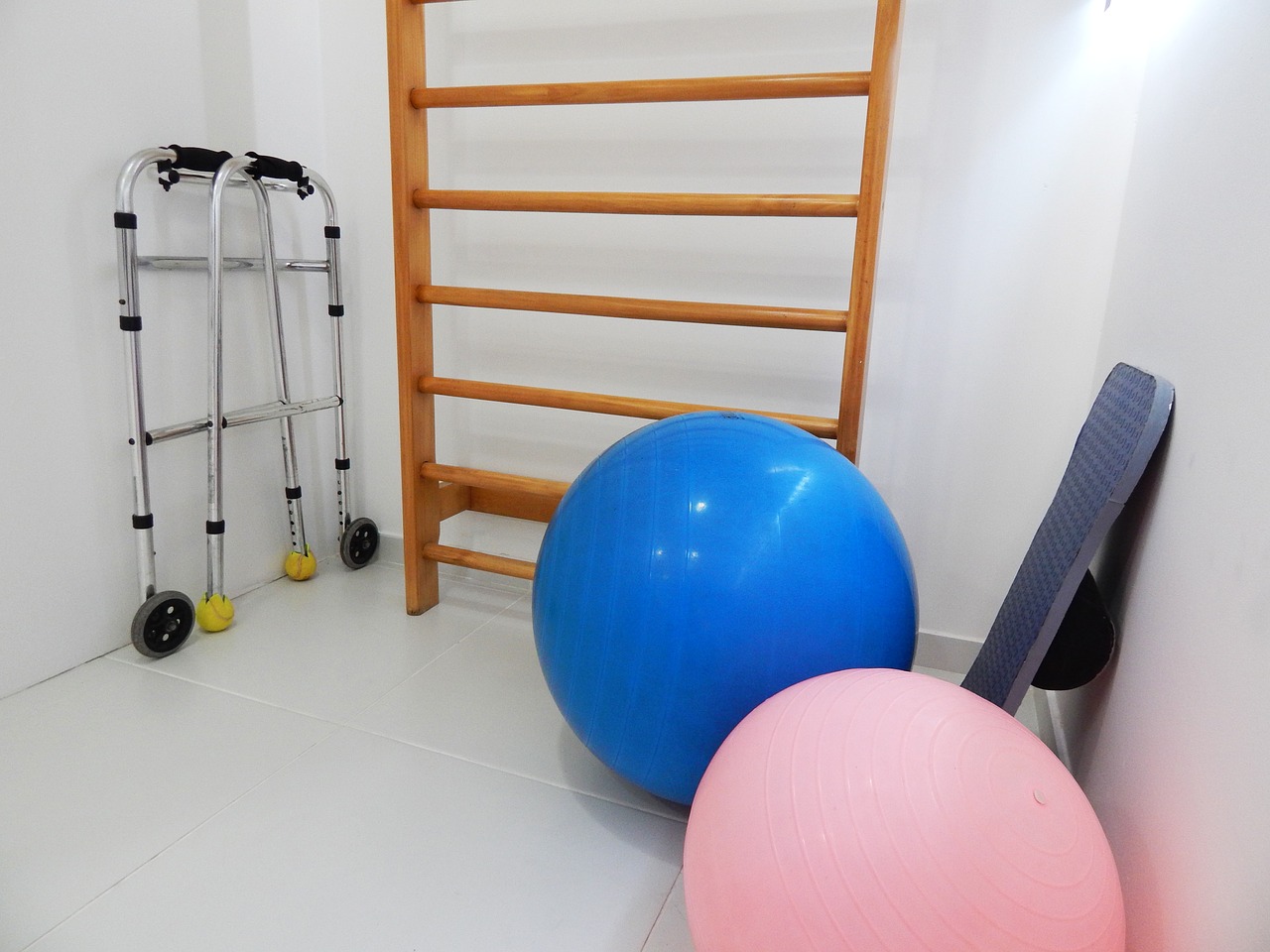Happy anniversary to us!
My wife, Laura, and I are celebrating our 45th anniversary this month. It’s hard to believe, especially because the divorce rate for someone with multiple sclerosis is higher than it is for a healthy person.
A review of records in the Danish MS-Registry a few years ago showed that the probability of a marriage continuing after five years was 86% for MS patients versus 89% in healthy controls. After 24 years, the probability dropped to just 33% for people with MS compared with 53% in the control group. I wonder what the probability is at our 45-year marriage milestone.
What’s kept us together?
Laura and I were married four years before I was diagnosed with MS and we’d dated for six years. So, we knew each other pretty well when the MS hammer hit.
Laura was a physical therapist and was working in the hospital where I was diagnosed. So, she knew more about my illness than the average spouse would. Her medical knowledge was so good, in fact, that she diagnosed me before any neurologist.
Laura noticed some of my symptoms, such as fatigue, before I did. One day, she accidentally tapped the bottom of my foot and realized that the violent shaking generated by her gentle tap was clonus, another MS symptom.
Laura knew that MS symptoms could be treated, but she also knew that I had a progressive disease for which there is no cure. When I was writing my book for people who are newly diagnosed with MS, I asked her how she felt when my diagnosis was confirmed.
“It was like jumping off a cliff,” she told me. “It was always there, 24/7. It was front seat, then back seat, then into the trunk.”
Independence is a virtue
Laura’s medical knowledge undoubtedly made it easier for her to be married to someone with MS, and eventually stuff it “into the trunk.” But I think there’s more to the success of our marriage.
We do a lot together, but we’re also very independent. We understand that we both need the space and the freedom to do things without the other. These things can be as simple as an evening with friends from work or even a couple days out of town without the other coming along. We trust each other.
Taking care of each other
We’re also a caretaker for each other. This is especially true as we’ve grown older and more frail. I believe this mutual caretaking has strengthened our bond. Laura has medical problems of her own, and I do the best I can to help her, just like she helps me. She’s way ahead of me on the caretaker scorecard, but I know she appreciates my efforts. A partnership is important and we’re a good team.
While writing this column, I discovered a study that found that relationships between people with MS and their partners were improved when the couple worked together to make lifestyle changes and develop skills to improve communication. Multiple Sclerosis News Today columnist Jennifer Powell put it this way a couple of years ago: “The ride may dictate the destination, but we will define the journey — together.”
Laura has just called from the other room, asking if I’d like her to make some breakfast for me. She doesn’t usually do that — she moves slowly in the morning and neither of us likes to cook — but she knows that I haven’t been feeling great the past few days. A little thing like offering to make coffee and cereal means a lot.
Happy 45th anniversary, honey. I love you.
(Featured image by efes from Pixabay.)
(A version of this post first appeared as my column on the MS News Today website.)



